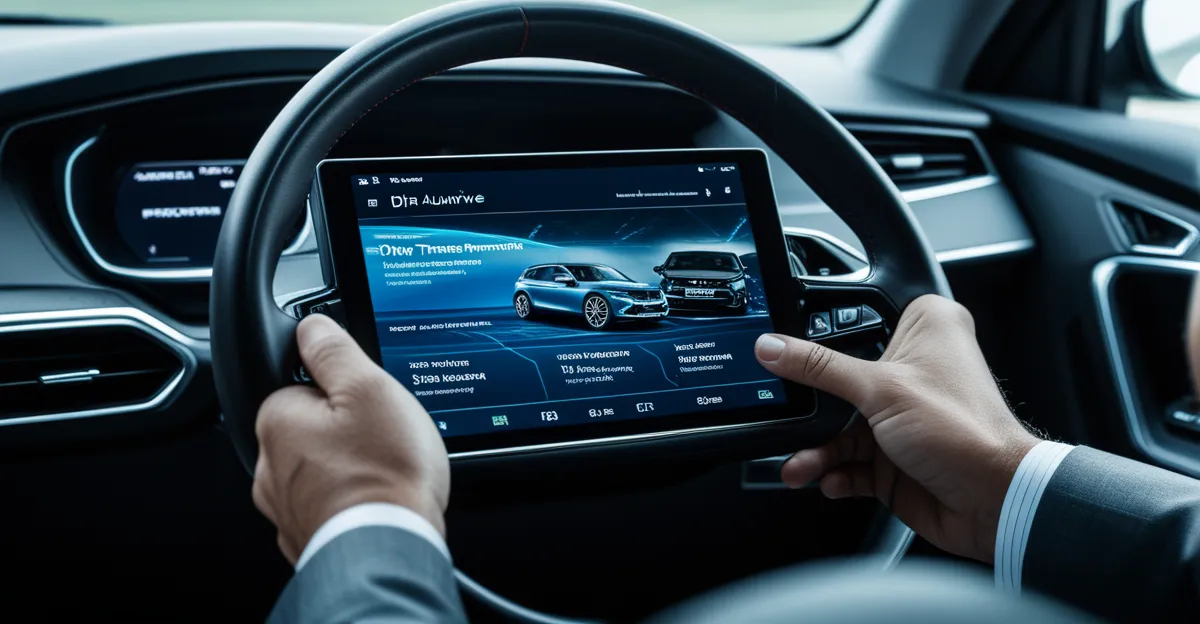Digital Transformation Strategies in the UK Automotive Sector
Successful digital transformation in the UK automotive sector hinges on targeted industry strategies that embrace technology while managing organizational change. UK automotive companies implement various adoption approaches ranging from investing in advanced manufacturing systems to digitizing supply chains. A key element is strong leadership committed to fostering a culture that supports innovation and agile decision-making.
Leadership-driven organisational change facilitates smoother integration of digital tools by aligning workforce skills and company goals. UK automotive firms often initiate comprehensive training programs to equip employees with new digital competencies, ensuring the transformation is sustainable.
Also to see : What’s Driving the Future of the UK Automotive Industry?
Additionally, government initiatives and public-private partnerships play a pivotal role in accelerating digital adoption. Funding schemes, innovation hubs, and collaborative projects between government bodies and industry players provide crucial resources and knowledge-sharing platforms. These efforts lower entry barriers for smaller companies and help establish a cohesive ecosystem for digital advancement in the UK automotive sector.
By combining strategic leadership, workforce engagement, and governmental support, the UK automotive sector strives to realize efficient, innovative, and competitive digital transformation outcomes.
Also to read : What Are the Most Innovative Technologies Transforming the UK Automotive Industry?
Cutting-Edge Technologies Driving Automotive Innovation
Digital transformation in the UK automotive sector increasingly revolves around integrating AI in automotive, Internet of Things (IoT) vehicles, and automation technologies. The use of AI enhances predictive maintenance, optimises manufacturing processes, and improves safety features by analyzing vast datasets with precision. IoT vehicles provide continuous connectivity, enabling real-time diagnostics and improved traffic management through data exchange with infrastructure and other cars.
Connected car technology is another vital adoption approach, allowing vehicles to offer telematics solutions such as location tracking, usage-based insurance, and enhanced infotainment systems. These innovations also enhance the customer experience by delivering personalised services and proactive maintenance alerts.
Data analytics plays a central role in this transformation by enabling UK automotive companies to mine insights from vehicle and customer data. This supports smarter product development cycles and tailors marketing strategies effectively.
Together, AI in automotive, IoT vehicles, and automation facilitate a transformative leap in both vehicle functionality and production efficiency, underscoring how the UK automotive sector leverages advanced technologies to stay at the forefront of innovation.


Comments are closed